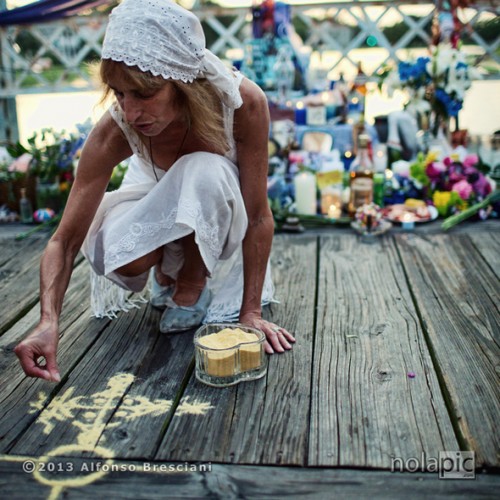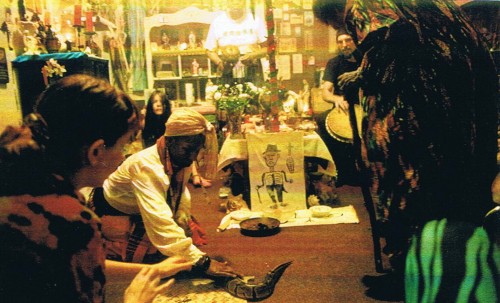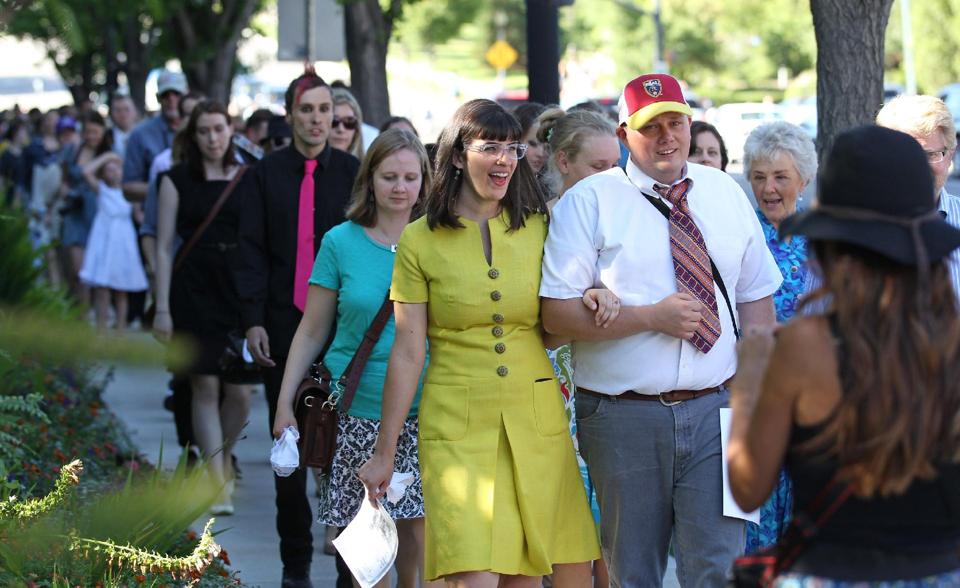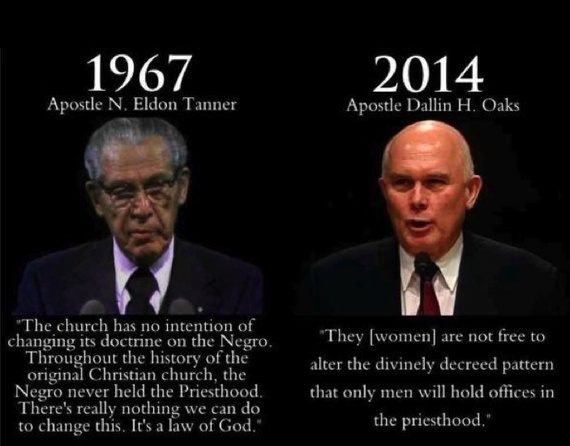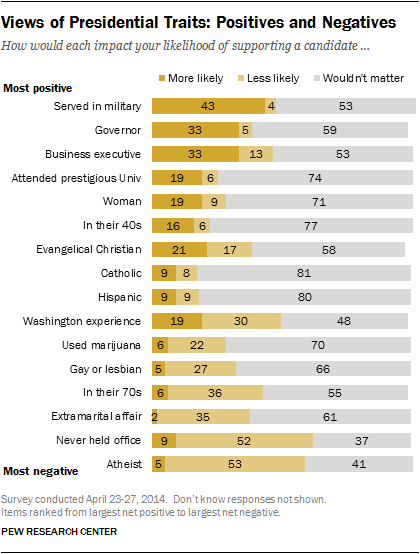For all of the misogyny inherent to the Catholic church (and evangelical and conservative Christianity in general), newbie Pope Francis has gotten a lot of attention for his (relatively) more progressive views and policies in his year of service. He has encouraged women to breastfeed in church. He has washed the feet of women, prisoners, and people with disabilities — rather than the traditional priests — in Holy Thursday observances. He has said he doesn’t judge gay priests (hardly a heartfelt embrace, sure, but a definite step forward from the position of popes before him). He has been lauded as “remarkable” by the HRC and named The Advocate‘s 2013 Person of the Year. Of the whole year, y’all.
And yet.
On Monday, Il Papa celebrated Mass with a group of 15 lengthily married couples to celebrate their marital milestones. His homily focused on the “three pillars” of Christian marriage: fidelity, perseverance, and fruitfulness. The “fruitfulness” part, he acknowledged, can be a bit of a challenge to infertile couples, but new babies are important to growing the church. What Jesus really hates, though, he said, are those married couples who selfishly withhold from the church those warm bodies to baptize:
“These marriages, in which the spouses do not want children, in which the spouses want to remain without fertility. This culture of well-being from ten years ago convinced us: ‘It’s better not to have children! It’s better! You can go explore the world, go on holiday, you can have a villa in the countryside, you can be care-free… it might be better — more comfortable — to have a dog, two cats, and the love goes to the two cats and the dog. Is this true or is it not? Have you seen it? Then, in the end this marriage comes to old age in solitude, with the bitterness of loneliness. It is not fruitful, it does not do what Jesus does with his Church: He makes His Church fruitful.”
Of course, as a no-longer-Catholic, I’m not personally obliged to provide His Holiness with fruit from my womb. And that’s a good thing; neither The Boy nor I plans to have kids, and it was something we discussed early in the relationship to make sure there were no surprises or disappointments later on. And the fact is, we do sometimes explore the world and go on holiday (with and without the pups), and it’s great. We don’t have a villa in the countryside or live completely carefree, which would be awesome, but we definitely get to have a lie-in on Saturdays (after the dogs have been let out to pee) and drop money on IMAX tickets because we don’t have to worry about sending anyone to college.
As for the loving going to the pets… the love goes to each other. Don’t get me wrong — we love the pets. There’s no way I would be able to put up with Skip’s room-clearing flatulence if there wasn’t love there. But they’re not “fur-babies” (ew), they’re not substitutes for human children, and one of the benefits of a childfree life is that The Boy and I get to focus on each other. And when old age comes, it won’t be spent in solitude. (And frankly, creating new human beings so you won’t be lonely and you’ll have someone to take care of you when you’re old strikes me as pretty damn selfish.) God willing, old age will come with each other’s company, and since we’re hoping to both go at the same time in a spectacular skydiving/fireworks-related accident, we’ll be together to the end. If you’re only willing to limit the concept of “fruitfulness” to human reproduction, then yeah, ours isn’t a very godly existence, but that’s a pretty major limitation.
Moreover, though, for all the Pope’s praise of marital fruitfulness, both the Catholic church in general and he specifically have come out explicitly against policies and practices that support precisely that. The church opposes abortion, birth control, IVF, and other methods that would allow couples to be fruitful when they choose to be so and are best equipped to raise healthy families. He opposes same-sex marriage, depriving those couples of the marital bliss he champions in his homily, and he opposes allowing same-sex couples to adopt, depriving them of the opportunity to celebrate God’s fruitfulness.
And while Pope Francis gave it the glancingest of brushings-over in his homily, the “fruitfulness” narrative can, in fact, be a major blow to infertile couples who desperately want to have kids but are instead stuck in a childless relationship that will, Il Papa says, make them bitter and lonely.
It almost seems like a trivial complaint, since by its nature, the Catholic church is never going to be a full-on liberal, progressive, or (gah) feminist institution. And among the church’s offenses, “criticized couples who have pets instead of babies to a handful of married Italians” is toward the more innocuous end of the list. (Try “radical feminist” nuns and feminist “chauvinism with skirts”, for a start.)
But seriously. I’m used to being a ball-busting, man-hating, hairy-legged, baby-killing, slutbag, God-cursed feminist. But now my pets are evidence of my unholiness? Don’t listen to him, Dave; after all, “God” spelled backward is “dog.”

![]() Maya Dusenbery is an Executive Director of Feministing.
Maya Dusenbery is an Executive Director of Feministing.


